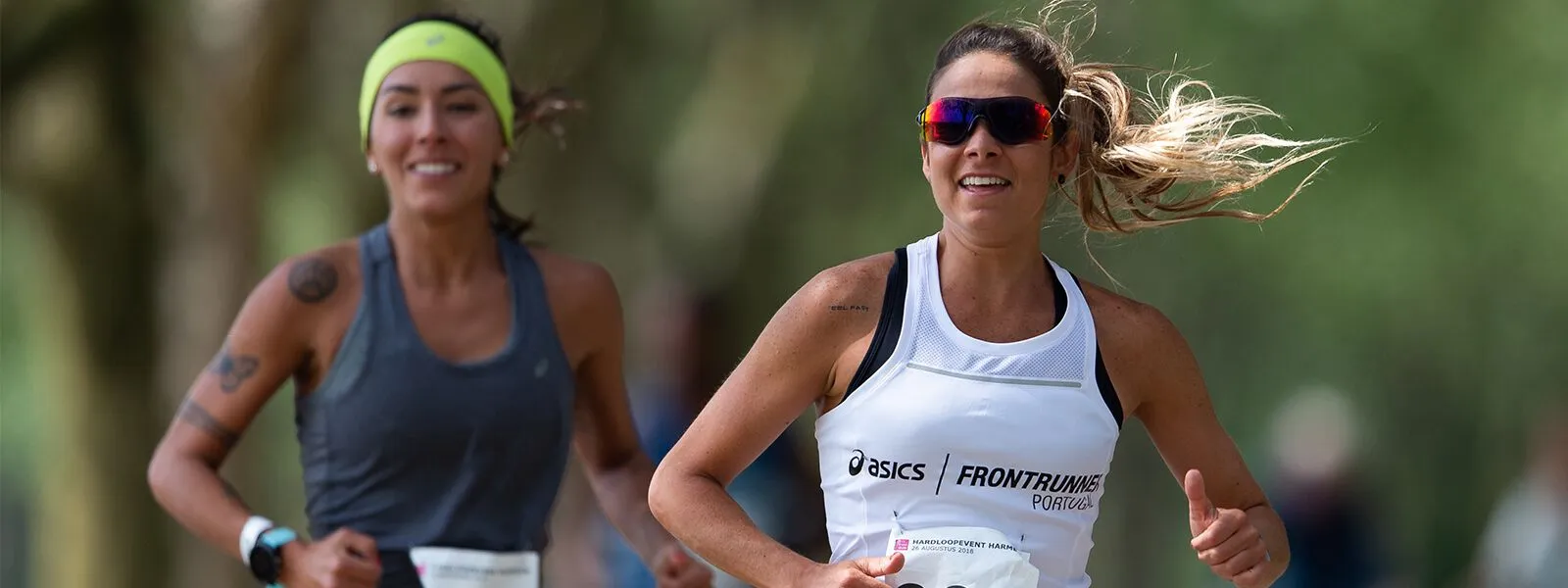
7 running tips for your first marathon
November 20, 2019
There’s a lot more to running a marathon than simply lacing up your shoes and setting off. Over the course of your running career, you’ll gather a whole lot of marathon running tips about everything from diet and fitness plans to footwear and injuries. There have been countless books and studies written on every aspect of marathon running – and there are plenty of theories about everything from footwear design to types of training plans.
But don’t be intimidated! If you’ve just signed up to your first 26.2 miles, our 7 top marathon training tips give you the essentials you need for success.
7 essential marathon running tips
Before you put on a pair of trainers and do your first training run, read our marathon training tips to ensure you have all of the essentials in place.
1. Create a training plan
Having a marathon training plan is one of the most important things you can do when preparing for your race. Without a plan, it’s easy to get distracted, miss crucial sessions and fail to build up your stamina and experience – and that means you could seriously struggle come race day.
The typical marathon training plan lasts 16 to 20 weeks – longer if you have less experience, shorter if you’re fairly fit and do lots of running already. It will see you incrementally increase the distance and intensity at which you run, with at least three running days per week – plus rest days and other kinds of exercise too.
2. Get the right running shoes for you
As a sport, running requires very little equipment, but one thing you can’t miss out on is a pair of high-quality running shoes. Running shoes are very different to more all-rounder sports footwear, and are designed specifically for the strains and pressure that running puts on your body. Running shoes provide extra cushioning in the heel to reduce the impact of repeatedly pounding the pavement for hours at a time, and can also offer additional support for people who either under- or over-pronate.
3. Start a training log
A training log is simply a diary of your entire running plan. Log how long you run on each day, noting distances, times and other details such as location and how you felt. Keeping a training log is useful for assessing your progress over time and helps ensure you’re consistently progressing – sometimes you might forget exactly how far you ran on previous sessions, so the log gives you a good reference. A training log also provides a big psychological boost too – by seeing how far you’ve come, it can be a big motivator, improving your confidence and self-belief.
4. Run in the right gear
We’ve all got an old cotton t-shirt we might use for casual jogs round the local park, but if you’re going to go the distance, you don’t want to be bogged down by hot, sweaty gear which rubs and irritates. Not only do running clothes look and feel good but they’re also designed with technical features which disperse moisture, reduce friction and keep you at a comfortable temperature.
5. Don’t just run
There’s no doubt that increasing the amount you run on a weekly basis is crucial for successful marathon training. Nonetheless, you should definitely be mixing other kinds of exercise into your training plan too. Consider adding some basic weight training into your routine on a weekly basis – this will make you stronger and reduce the risk of injury. Also mix in low-impact activities like yoga, swimming and cycling on an exercise bike to keep improving your fitness when ‘resting’. The variation in exercise will also keep you feeling engaged.
6. Think about the topography of your marathon
Will you be running a really hilly marathon like the Farnham Pilgrim Marathon? Or will you be running something flat and fast, like the ASICS Greater Manchester Marathon? Depending on the kind of topography your race will be covering, it’s a smart idea to think about this when training. Especially for hilly marathons, make sure your training routes include a fair few hills (or use the incline setting on a treadmill). For flatter marathons, you’ll be using the same muscles the whole way through, so make sure you’re prepared for that.
7. Change your diet and hydration
One of the most important marathon running tips to think about is your diet. There are a couple of key things to remember:
- Cut down on alcohol consumption during marathon training
- Remember to drink more water than you might normally drink – since you’ll also be expelling more as sweat (but be careful not to over-hydrate)
- During training, stick to a well-rounded, balanced diet – nothing ‘fancy’ is necessary, just a good mix of all the main food groups, as recommended by doctors
- In the days prior to your marathon, add more carbs to your plate; at least 50–60% of your plate should be pasta, bread, potatoes or another source of carbs to give you that extra energy
While there’s tons of science behind marathon running, and plenty of theories on how to prepare, the 7 marathon running tips outlined above will give you the backbone of knowledge you’ll need for your first race.
